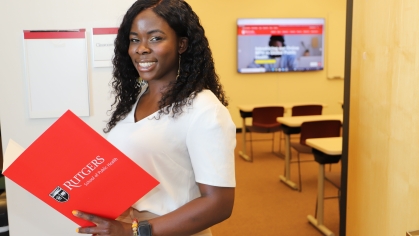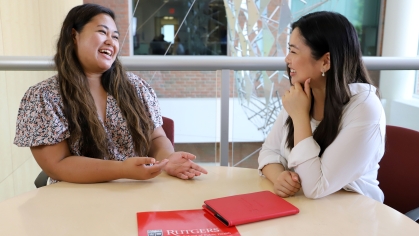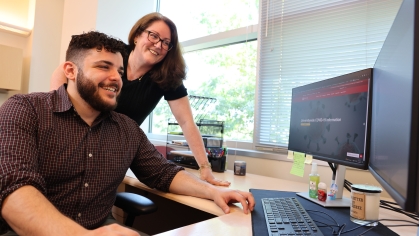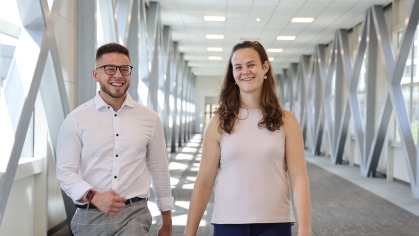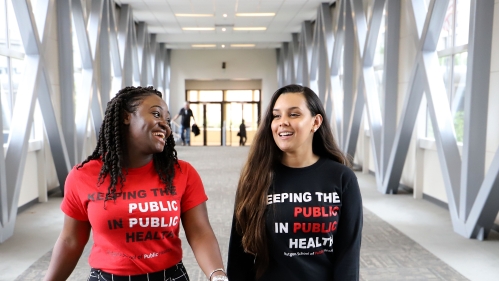
Keeping the 'Public' in Public Health
At the Rutgers School of Public Health, we’re educating leaders, putting research into practice, and developing public health solutions rooted in our deep commitment to health equity, social justice, and advocacy.
Leaders in the Field
The Rutgers School of Public Health is New Jersey’s premier research, teaching, and service institution guided by the principles of health equity and social justice.
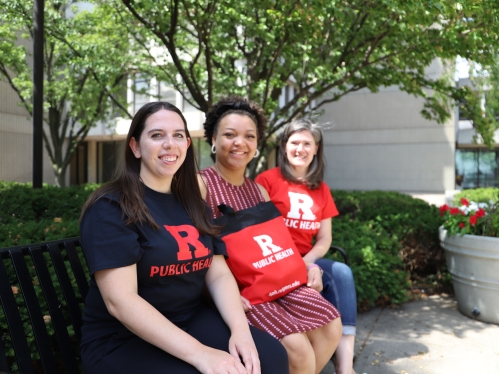
Let's Connect
Learn more about the school, our educational programs, and various opportunities to solidify your future in public health.
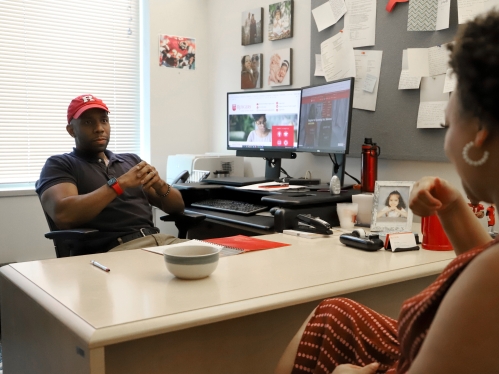
News
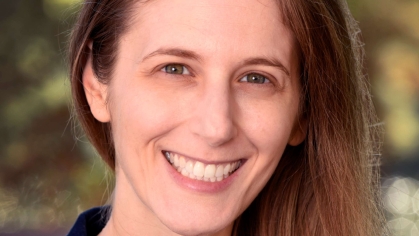
Mandy Goldberg, Ph.D, M.P.H., has joined the Rutgers School of Public Health’s Department of Biostatistics and Epidemiology as an assistant professor.
Keep Up with Us
Learn how we are ‘keeping the public in public health’ by signing up for our quarterly newsletter, The Scarletter.
